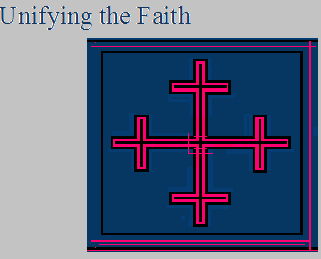If one looks
up the definition of the word politics, one soon realizes that several
definitions exist for the word. Basically, our personal opinions of how society
should run collective affairs relate to politics. Moreover, we elect officials
as leaders to conduct social affairs for society in a way we feel is correct.
Most people feel that their personal views, which they have acquired due to
many factors involving things such as upbringing or religious views, are
correct based on their understanding of all. This idea of understanding of all
can be described as a worldview. Merriam-Webster defines worldview as a
comprehensive conception or apprehension of the world especially from a
specific standpoint. The foregoing basically involves one’s understanding which
can have limitations based on many factors depending on our personal
experiences, for instance. Our place of birth along with the different culture
or language to which one was initially exposed contributes greatly to our worldviews.
Consequently, worldviews are as diverse as our world, which consists of many
races, nations, and languages. Inhabitants of planet Earth think and have
opinions which often evolve and transition depending on our age, or perhaps
phases in life which we go through. Based on some of these factors, our ideas
about anything can very often be completely different. Regardless of all mentioned
thus far, the one thing we all share is our humanity. We are a species that
inhabits this planet in our physical universe, and as our lives interact, we make
decisions based on how to best share this collective experience. Politics
ultimately is involved in this process on a national and global level, but how
much we allow politics to be involved in our daily lives is important. A
question I ask is at what point do we stop making personal decisions and allow
others to decide for us. Moreover, what percentage of our personal decisions
will we allow to conceivably be made for us? Will we ultimately allow a
politicization of all? The foregoing question is basically the title to this
post, and perhaps it is where humanity is standing now. Ultimately, this
question is possibly the one we may be asking ourselves without asking out loud.
This question is obviously also ecumenical, and the one thing I do know is that
many people do not like anyone else making decisions for them, especially those
with which they disagree. I recently took an idea from the Stephen Stills’ song,
For what it’s worth. A line in the
song says: nobody's right if everybody's wrong. I took this idea a step further
by adding: nobody is wrong if everybody is right. Well, the idea is indeed correct,
if everyone is right than no one is wrong; however, the bigger question this
idea raises is how can everyone be right? Can everyone be right? Personally, I don’t
think it is possible, but there are certain times where we just must agree to
disagree to get along.

No comments:
Post a Comment